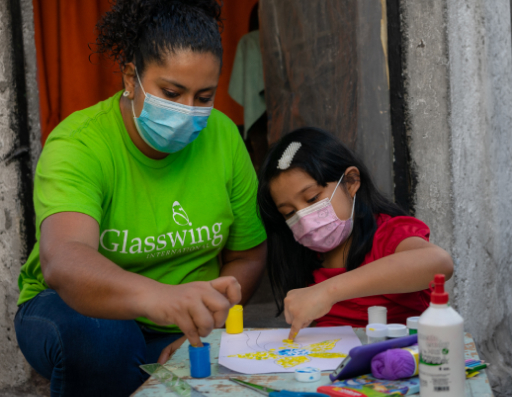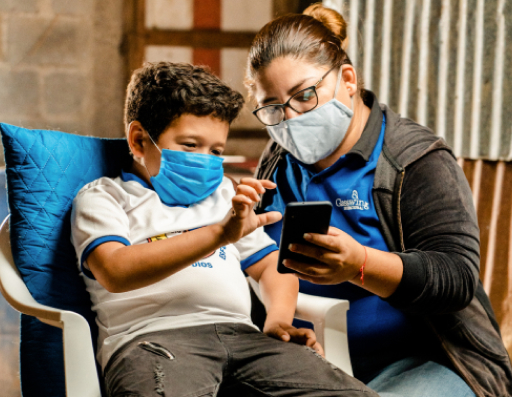COVID-19 Emergency Response
When disaster strikes, the most vulnerable among us are hit the hardest. Glasswing International understands this deeply. That is why, in the wake of the COVID-19 pandemic, we are committed to providing the communities we serve with essential crisis support, as well as medium to long-term services to mitigate the physical, mental, and economic impacts of this virus.
As a trusted presence in some of the most marginalized communities in NYC and throughout Central America, Glasswing is uniquely positioned to respond – quickly and effectively – to this global emergency.



